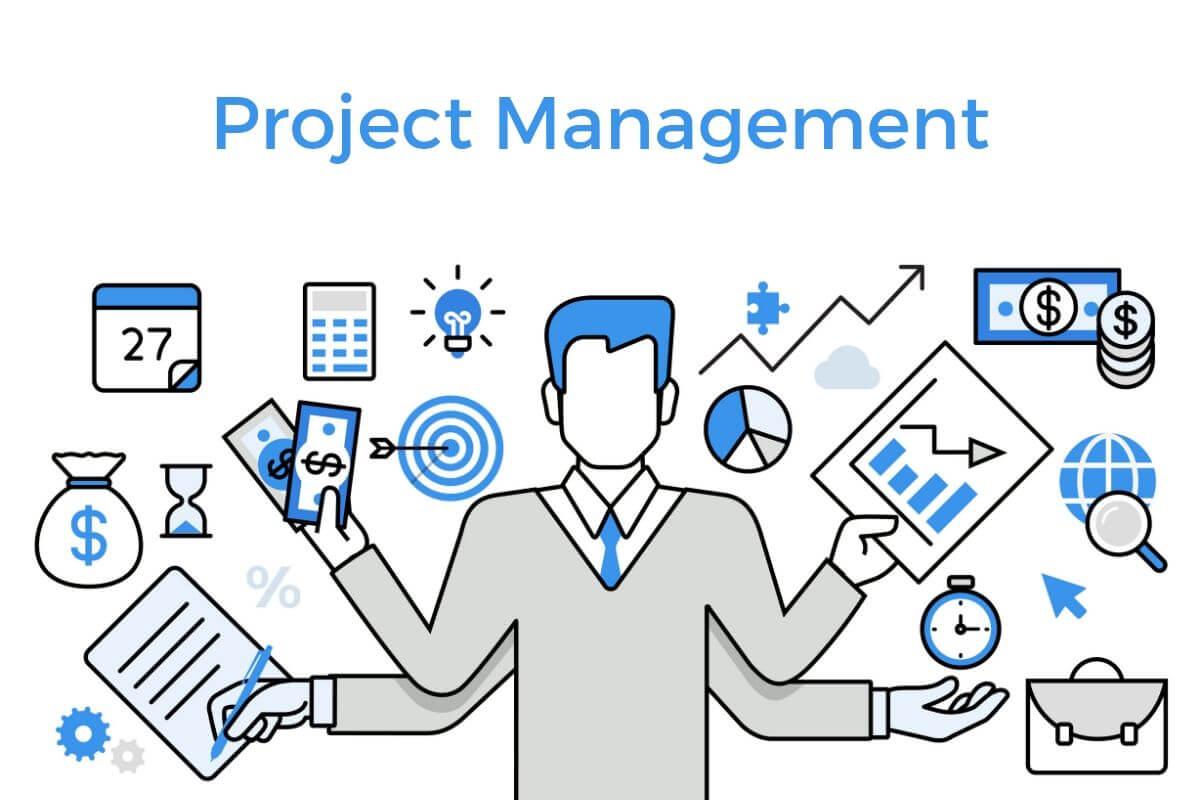
One key lesson learnt from working in this creative industry is the need for companies, agencies, and anyone leading a client or project to operate with a greater level of due diligence, governance and compliance. What I mean by that is ‘transparency’ ‘accountable’ and open to scrutiny on every minute level of financial and operational detail.
Whilst we work in this unique creative industry that requires all of the flexibility and agility to create magic, make changes at the last minute and even pull a few things out of thin air we must remember that we are a business first and that we are doing this with somebody else’s money. We, as project managers, producers, project directors, must think beyond the P&L of the project, bad project and financial management can have long lasting effects on the company, its future and its client relationships.
As a company/agency we must remember to protect the margin, manage staff time and resources and operate in a way that does not undermine the roof over our heads. A tough game for anyone running projects with a client that is made up of brand managers, marketing teams and a procurement department all watching over you and making more and more demands against a project that probably does not reflect what was sold, cost for or expected.
My call out to all project directors, project managers, and producers, in fact to anyone wishing to move up the management chain in this industry is to start learning these systems. Unfortunately they are designed to be used from within the company and not easy to apply as a freelancer but that should not stop you from learning through all of the publicly available material and even training courses put out by the software owners.
Deltek Maconomy: In theory, it’s a great tool and a great way to centralise time keeping, budgeting, expenses, and project planning. The two agencies I have seen use it, love it and drive everything through it. Unfortunately my experience is that it is not very user-friendly and overtly difficult to use. Probably a great tool for the CFO and finance team but not so from a project management basis. The bigger global ad agencies love it, particularly those with deep client integration.
Deltek Workbook: One easy-to-use system – started life as a finance tool but developed over years with creative agency input. Handles the full end to end project management, scheduling, time, resource, vendor audits & finances in your agency. Very good for global agencies needing to keep an eye on the spend.

Procim: much like Deltek Workbook but totally designed and developed over the years by event industry people. An excellent tool which communicates both with clients and project/ operational staff. I would say it has been the benchmark for the industry for many many years and hard to beat, especially allowing a project or group of offices to connect and standardise it working practices across the company on one system.
All three systems above, and others like them, are likely to be found in a global agency everywhere. As agencies and the industry reflects on how they are going to change and adapt with future working practices I would suggest to all freelancers handling budgets to get their head around such systems in order to be better prepared to serve the agencies. They, the agencies, will need us and our management skills even more than they realise.
Give me a call if you wish to discuss any aspect of my experience in using these tools. You can find me on all of the usual social media channels.
This article was first published on www.getconnektd.com by Ajay Parekh.
Accountability Matters: Making a Pledge is Easy
What is Experience? An Accumulation of Lessons Learned


Live Events Executive Producer with skills in global business operations and managing cross border multinational creative projects. Trained in Electrical, Electronic Engineering (Theatre) in Oldham, England followed by Stage and Production Management at Central School of Speech and Drama in London. After education I had a short career in the West End and in live touring music events before taking a full time job as Assistant Director at the BBC Films dept working on a wide range of television programmes and features films. I left the BBC 5yrs later to return to live events and have been applying my production skills across in full time and freelance roles ever since. I have spent the last 5yrs working across Asia with full time contracts at Imagination (Shanghai), JMW (Singapore), Quintessentially (India), MKTG (Asia) and Project Worldwide (APAC). I am currently based in Hong Kong. As an experience producer I work with highly skilled people and suppliers to turn a creative brief, a client proposition into reality. Having delivered projects in over 40 countries with global corporations, brands and private clients nothing surprises me. No brief is too small or too large, everything is possible with the right team, drive, planning and of course a client with a budget, brief and vision. I continue to enjoy life and work in this uniquely challenging and creative industry with theatre at the heart of everything I do.
Read Full Profile© 2021 TheatreArtLife. All rights reserved.

Thank you so much for reading, but you have now reached your free article limit for this month.
Our contributors are currently writing more articles for you to enjoy.
To keep reading, all you have to do is become a subscriber and then you can read unlimited articles anytime.
Your investment will help us continue to ignite connections across the globe in live entertainment and build this community for industry professionals.